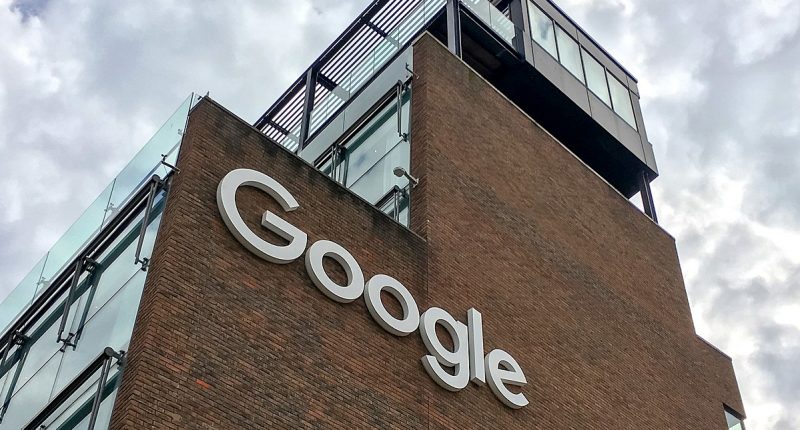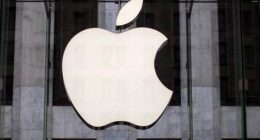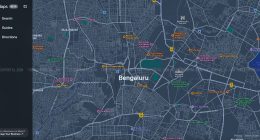As if the conversation around Google and monopolistic practices in USA was not enough, the company is now also facing flak in other parts of the world, something that is substantiated by the $123 million fine imposed on the company by Italy’s antitrust watchdog regarding a case with its car software Android Auto.
If you don’t already know, Android Auto is Google’s version of a car based OS, which allows users to access relevant apps like Maps and music player right from their vehicle’s dashboard. Much like Android on mobile phones, it also allows other developers to host their apps on the platform, allowing car drivers to use the screen on their car and never having to look at their phone while driving.
However, much like Android, this also means that Google controls what apps stay on Android Auto, and if history tells us anything, it’s that this is a recipe for disaster.
Electric car charging app JuicePass, made by energy company Enel X Italia, tried to get itself a place among the ranks of thousands of Android Auto apps, but was denied access. This did not go down well with authorities in Italy, which ruled that Google was using its dominant market position to curb competition and harass smaller players, leading to an almost $123 Million fine.
Why would it want to do so? Well the AGCM thinks that Google provides some basic information like charging ports via its Google Maps platform on Android Auto, and it denied access to JuicePass with the idea that it would lead to more competition. Moreover, it thinks that the company may also try to make a profit off of this functionality in the future.
“By refusing Enel X Italia interoperability with Android Auto, Google has unfairly limited the possibilities for end users to avail themselves of the Enel X Italia app when driving and recharging an electric vehicle. Google has consequently favored its own Google Maps app, which runs on Android Auto and enables functional services for electric vehicle charging, currently limited to finding and getting directions to reach charging points, but which in the future could include other functionalities such as reservation and payment.”
The AGCM said today that Google has violated Article 102 of the Treaty on the Functioning of the European Union, adding that it needs to make JuicePass available via the platform.
Google, as one would expect, has denied all expectations, and said that the only reason it denies access to certain apps is because it does not want drivers to get distracted. However, the company has not said anything about appealing the decision.





